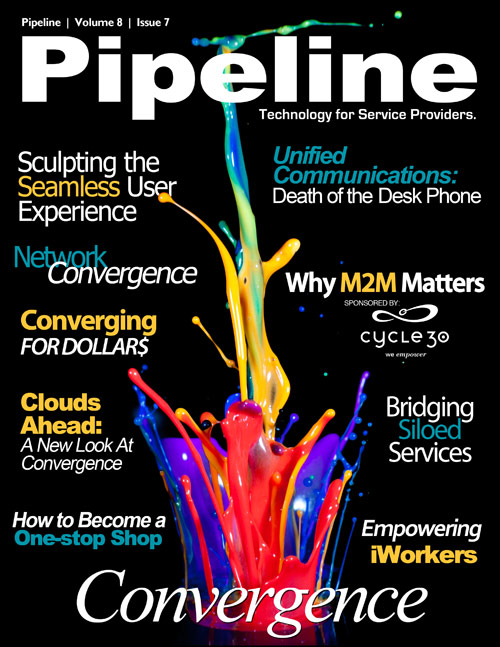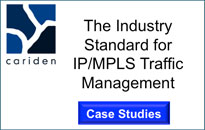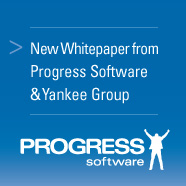New entrants, including cloud providers and Over-the-Top (OTT) providers in enterprises like Amazon and Google pose a threat to SP's. Most notably though, is Microsoft with its recent acquisition of 365 and Skype. With those types of services, Microsoft cuts the service provider out of the equation.
"Greed and Fear are driving a lot of activity," May adds. "SPs have invested in IP-centric stuff, which is Cloud. Microsoft is attractive to SMEs, and SPs will lose unless they improve customer service. Microsoft is attractive to SMEs and the SME market will likely disappear for SP's."
May added that carriers who have recently invested in mobile networks are in the best position to provide the reliability and service large business requires. The opportunity will be for network operators to move into the 5000+ employee enterprise space. The 5000+ enterprise requires the most sophisticated performance and operations. For the large corporation, those phones have to work all the time. SP's who own the network will have a huge advantage because they control the end-to-end.
"SP's can provide the four-nines and five-nines of resilience and reliability because they own and control the switches and local gateways," May said. "All, or most other competitors, will require a rip-and-replace strategy."

 'Hey Google, Got My Data?'
'Hey Google, Got My Data?'
Cloud is an extremely attractive option for the SME market. It allows a company to give up tasking without giving up control.
There are some exciting things happening with cloud that offer a real value proposition for business. May said he sees 100 percent of tier-1 SPs launch a large enterprise cloud initiative in the next year.
And while there have been noticeable moves to the cloud, what becomes the central question for business when deciding between hosted, cloud environments or on-premesis data centers, comes down to a decision about the function of on-site IT departments. Hosted, cloud-based services eliminate much of the need for deep on-site IT support, but relinquish control.
May points out that for large-scale 5000+ enterprises, there could come a point where data ownership becomes nebulous in a hosted cloud.
"The question becomes, 'Who owns my data?' and that answer isn't always clear," May said. "Can you imagine trying to get your data out of Google?"
Bootstrapped is Best
Finally, the trend toward UC solutions doesn't mean each customer will want to buy a whole bucket of one-size-fits-all applications.
An AMI report from November 2011 said the opportunity to sell UC components to the SMB market will more than double over the next five years, but the providers who will take advantage of the market are those that will offer individual services at low prices in order to offer a competitive advantage to business for adopting their UC solutions.
"In the future, although the applications will be fully integrated, not every business will want a full suite of solutions," Popova said.
Businesses in North America with fully hosted voice are still relatively low in number. Popova estimates less than 15 percent of SMBs in the U.S. have hosted voice which is why providers need to appeal to the SMB market with competitive pricing to gain market share and that will eventually lead to the up-sell of additional services.









